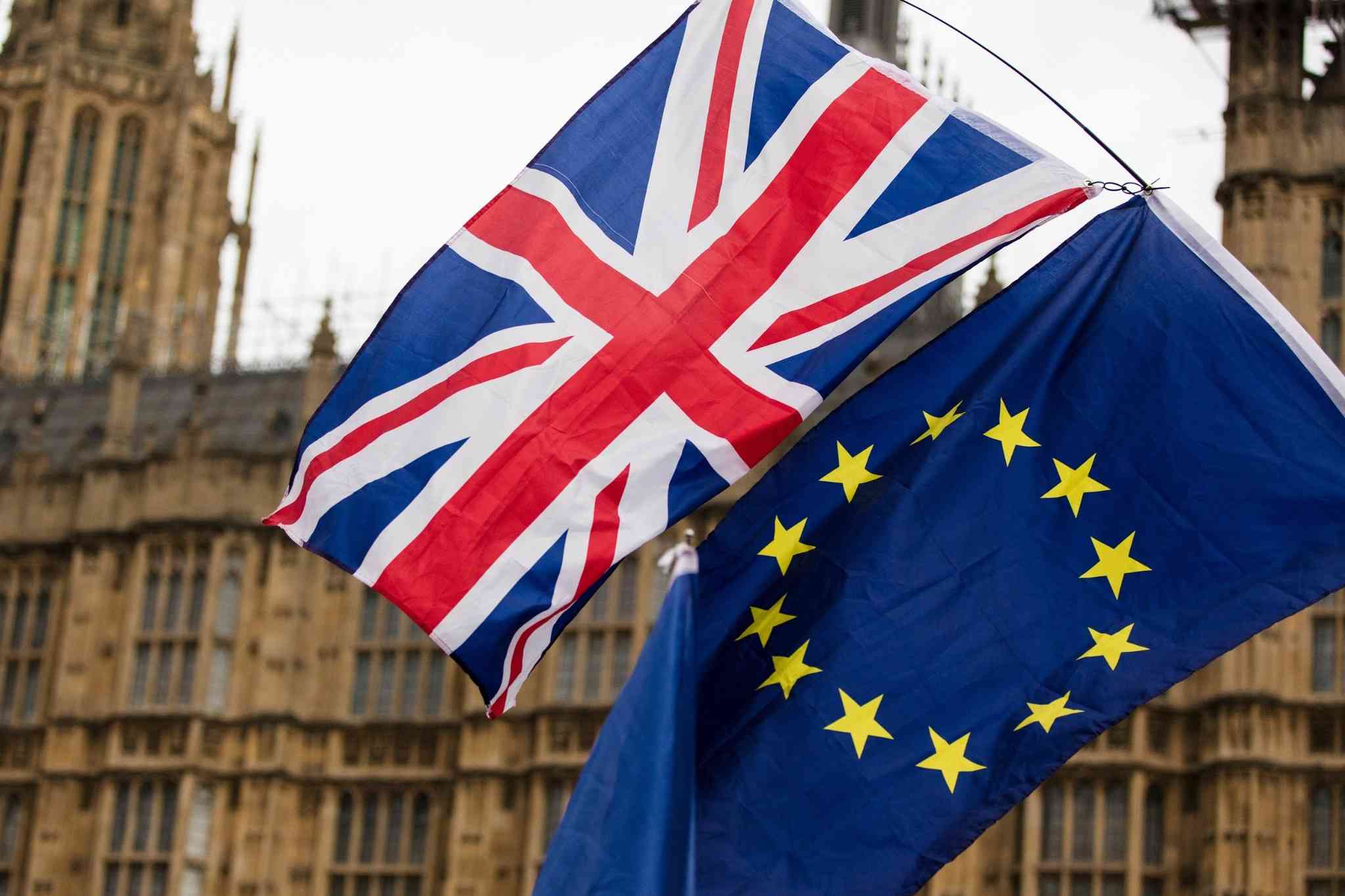The United Kingdom (UK) and the European Union (EU) have announced their agreement to the most significant reset of defence and trade ties between the two parties since Brexit. On Monday, the two sides moved on from their rancorous divorce after Brexit on February 1, 2020. Nine years after the UK voted to leave one of the largest and strongest blocs in the world—the European Union—the country will now take part in a joint procurement project.
Britain is the second-largest defence spender in Europe. Following U.S. President Donald Trump’s reset of the global order—by introducing multiple changes in trade, immigration, environmental, and defence policies—the two sides have come together in a diplomatically strategic move. Both parties also agreed to make it easier for British goods, food, and visitors to reach the European Union, for which they signed a new facilitation deal. Tensions heightened by President Trump, along with his warnings that Europe should do more to protect itself, prompted governments around the world to rethink their security, defence, and trade ties.
UK PM Supports the Deal
Keir Starmer, the current Prime Minister of the United Kingdom—who supported remaining in the EU during the Brexit referendum—has also come to believe that offering benefits to Britons, such as access to faster EU airport eGates, will help to quell the lingering sense of betrayal from the Brexit campaign, particularly among supporters of Nigel Farage.
Starmer was also backed by European Commission President Ursula von der Leyen and European Council President António Costa. After concluding discussions on the deal, the UK Prime Minister stated that the agreement marked “a new era in our relationship.”
“At a time of global instability, and when our continent faces the greatest threat it has seen in generations, we in Europe stand together,” said Ursula von der Leyen.
Britain also noted that the reset with its biggest trading partner would reduce red tape on food and agricultural products. This, in turn, will make food cheaper, improve energy security, and add nearly £1 billion to the economy by 2040.


